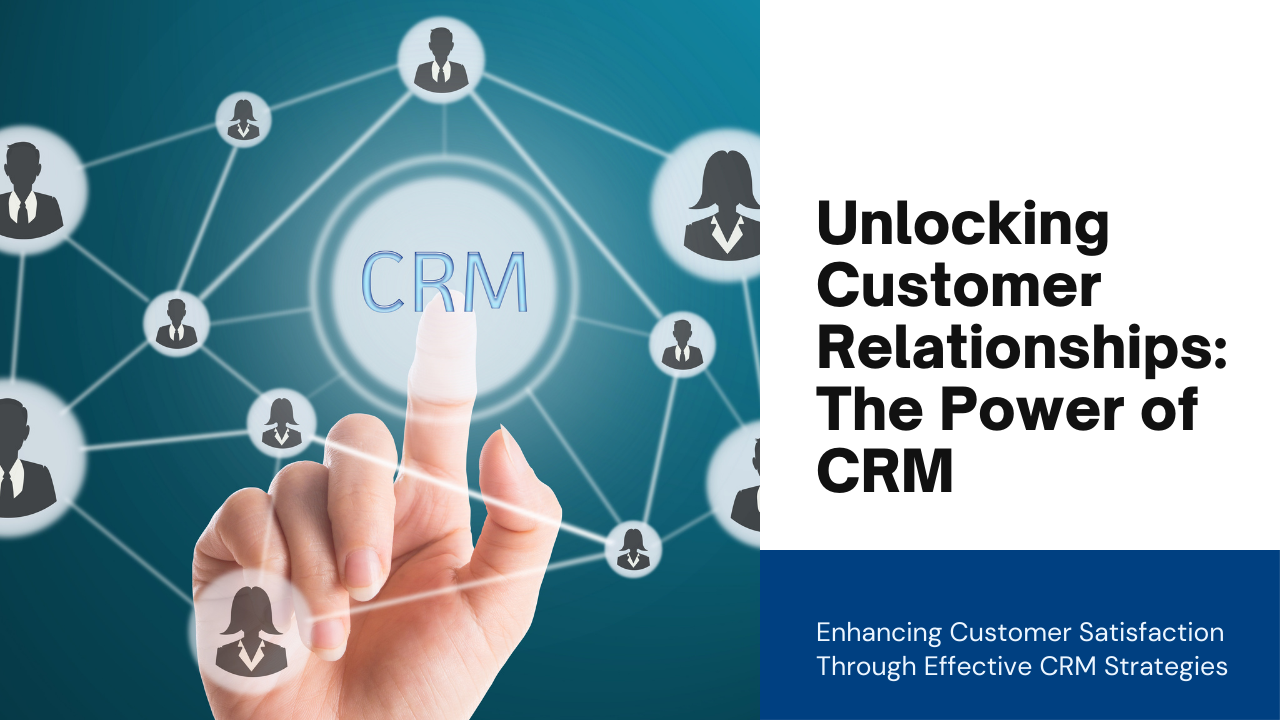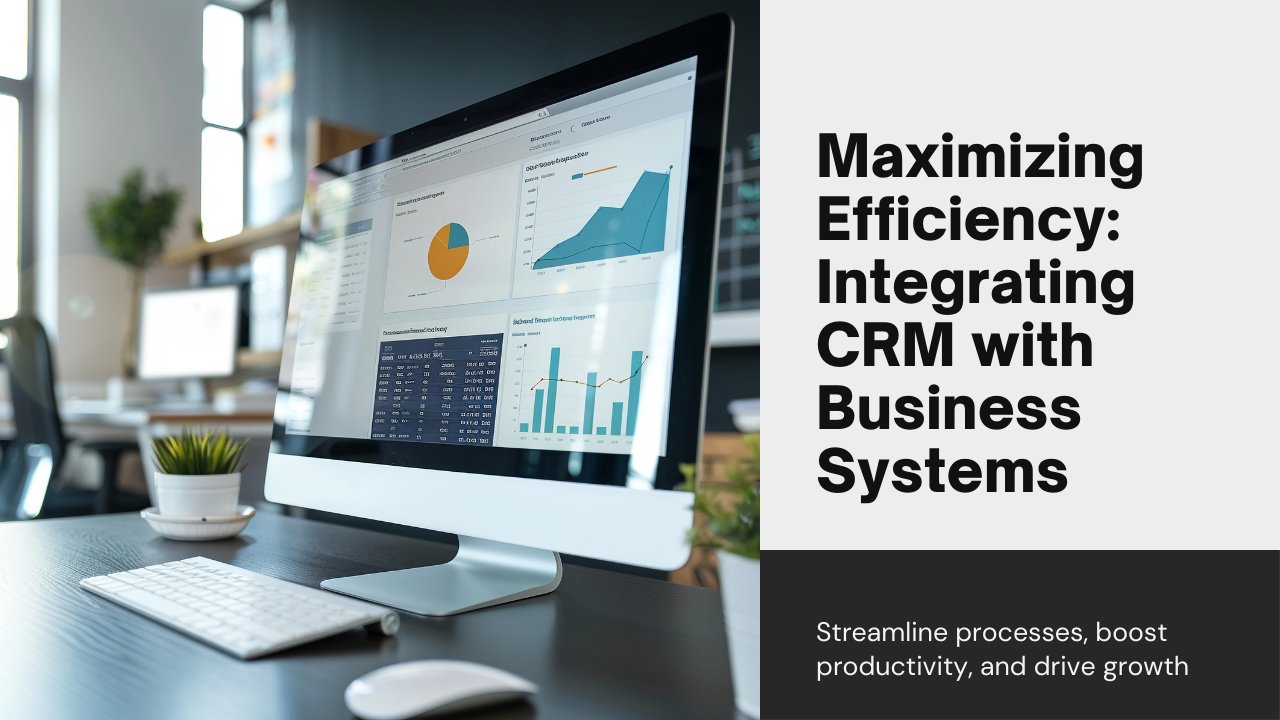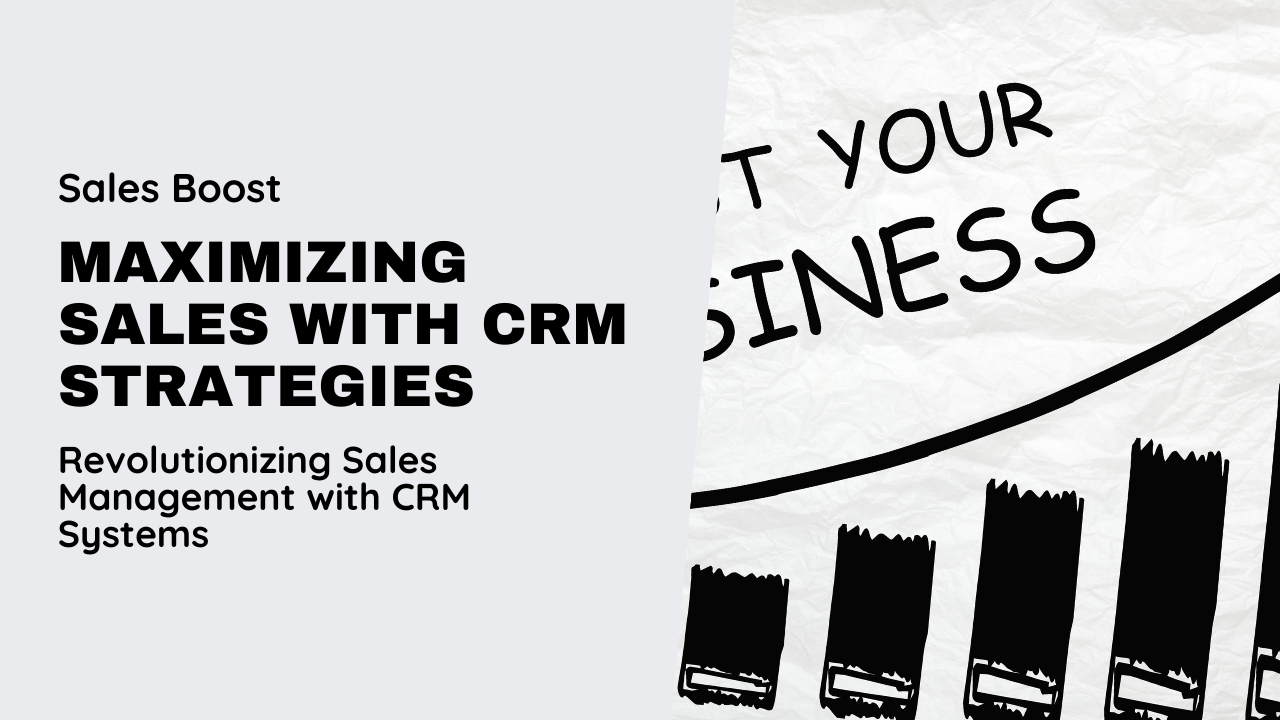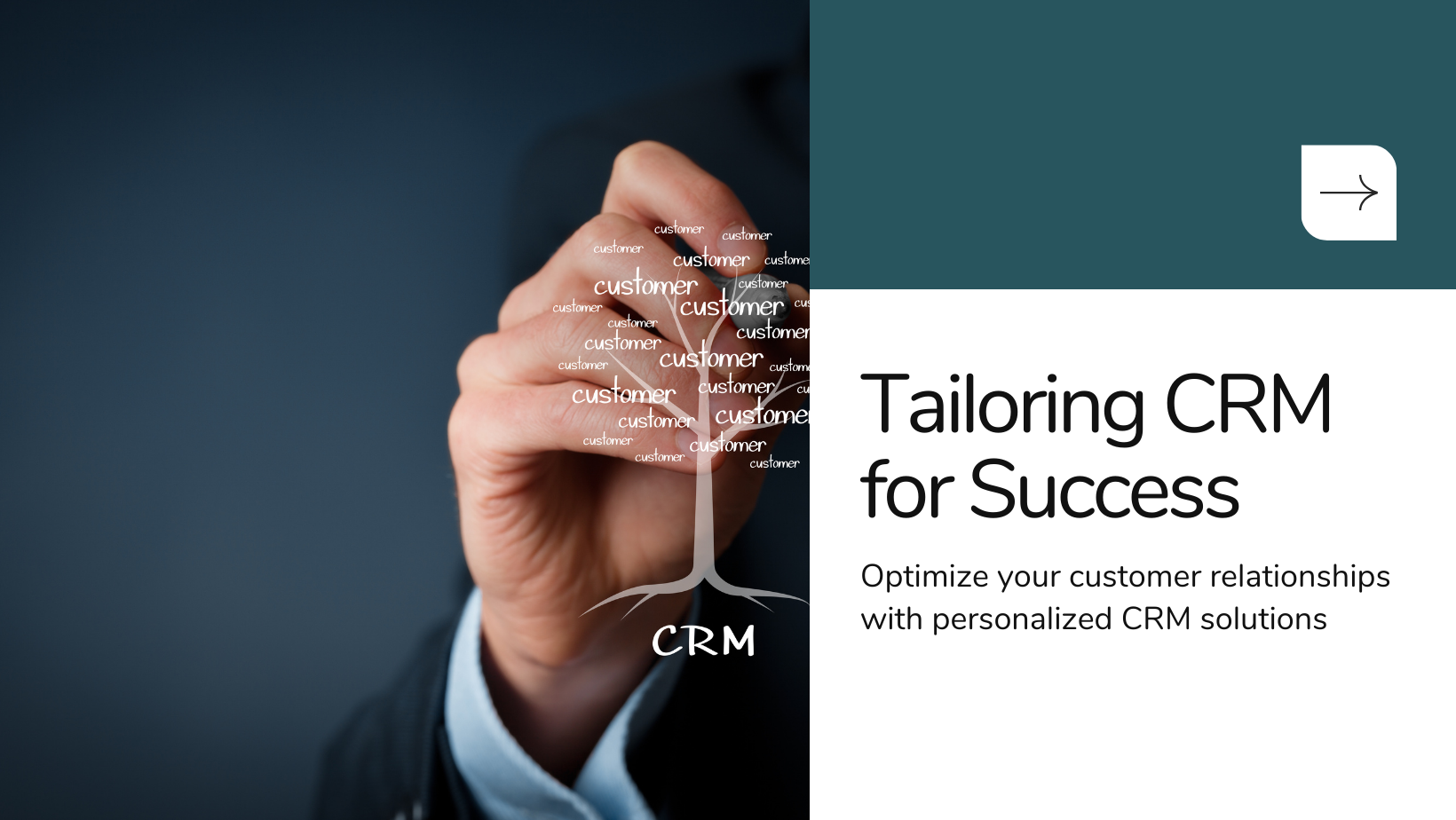As marketing continues to evolve in the digital age, CRM systems play a pivotal role in enabling personalized customer interactions, data-driven insights, and enhanced engagement strategies. This blog delves into the future of CRM in marketing, highlighting emerging trends, technological innovations, and strategic imperatives that are reshaping how businesses connect with and nurture customer relationships.
Evolving Landscape of CRM in Marketing
1. Personalization at Scale
Future CRM systems will leverage AI (Artificial Intelligence) and machine learning algorithms to deliver hyper-personalized marketing experiences at scale. By analyzing vast amounts of customer data—such as browsing behaviors, purchase history, and social media interactions—CRM platforms will enable marketers to tailor content, offers, and communications based on individual preferences and predictive analytics.
2. Omni-channel Engagement
CRM will facilitate seamless omni-channel marketing strategies, allowing businesses to engage customers across multiple touchpoints—whether through websites, mobile apps, social media platforms, email campaigns, or physical stores. Integrated CRM systems will synchronize customer interactions in real-time, ensuring consistent messaging and personalized experiences across channels to foster customer loyalty and drive conversions.
Technological Advancements Shaping CRM
1. AI-powered Predictive Analytics
AI-driven CRM tools will forecast customer behaviors, identify buying patterns, and predict future trends with unprecedented accuracy. Marketers can leverage predictive analytics to anticipate customer needs, optimize marketing campaigns in real-time, and allocate resources effectively to maximize ROI. AI will automate decision-making processes, empowering marketers to focus on strategic initiatives and creative endeavors.
2. Automation and Workflow Optimization
CRM automation will streamline repetitive tasks, such as lead scoring, campaign management, and customer segmentation. Automated workflows will enhance operational efficiency, reduce manual errors, and accelerate time-to-market for marketing initiatives. Marketers can design automated workflows that nurture leads through personalized communications, trigger-based interactions, and timely follow-ups to enhance engagement and conversion rates.
Future Trends in CRM Adoption
1. Integration with Emerging Technologies
CRM will integrate with emerging technologies, such as augmented reality (AR), virtual reality (VR), and IoT (Internet of Things), to create immersive customer experiences and innovative marketing campaigns. AR/VR technologies will enable virtual product trials, interactive shopping experiences, and personalized content delivery, while IoT devices will provide real-time data insights for personalized marketing strategies.
2. Ethical Data Management and Privacy
As data privacy regulations become more stringent worldwide, future CRM systems will prioritize ethical data management practices and compliance with regulations such as GDPR and CCPA. Marketers will need to uphold transparency, obtain explicit consent for data usage, and implement robust security measures to protect customer information while delivering personalized experiences that build trust and loyalty.
Strategic Imperatives for Marketers
1. Investment in AI and Predictive Analytics
Marketers should invest in AI technologies and predictive analytics capabilities to harness data-driven insights, optimize marketing spend, and deliver personalized experiences that resonate with target audiences. Adopting AI-powered CRM tools will enable agile decision-making, predictive modeling, and proactive customer engagement strategies that drive revenue growth and competitive advantage.
2. Continuous Learning and Adaptation
Marketers must embrace a culture of continuous learning and adaptation to stay abreast of CRM innovations, industry trends, and evolving customer expectations. Regular training programs, certifications in CRM technologies, and collaboration with IT teams will empower marketers to leverage CRM functionalities effectively, innovate marketing strategies, and drive organizational success in a dynamic marketplace.
Conclusion: Embracing the Future of CRM in Marketing
The future of CRM in marketing is characterized by innovation, data-driven insights, and personalized customer experiences that redefine how businesses connect with their audiences. By embracing AI-powered technologies, adopting omni-channel engagement strategies, and prioritizing ethical data management, marketers can leverage CRM as a strategic asset to drive growth, enhance customer loyalty, and achieve marketing excellence in an increasingly competitive digital landscape.
As businesses navigate the evolving landscape of CRM in marketing, Sodio Technologies remains committed to delivering advanced CRM solutions and expertise that empower organizations to thrive and innovate. Embrace the transformative potential of CRM to elevate marketing strategies, build meaningful customer relationships, and lead with agility in the digital era.







